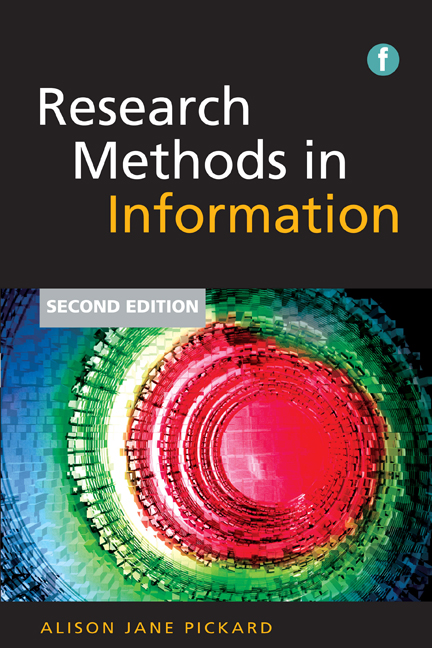Book contents
- Frontmatter
- Contents
- Preface to the second edition
- Acknowledgements
- Introduction
- Part 1 Starting the research process
- Part 2 Research methods
- Part 3 Data collection techniques
- 17 Interviews
- 18 Questionnaires
- 19 Observation
- 20 Diaries
- 21 Focus groups
- 22 Analysis of existing, externally created material
- Part 4 Data analysis and research presentation
- Part 5 Glossary and references
- Index
20 - Diaries
from Part 3 - Data collection techniques
Published online by Cambridge University Press: 08 June 2018
- Frontmatter
- Contents
- Preface to the second edition
- Acknowledgements
- Introduction
- Part 1 Starting the research process
- Part 2 Research methods
- Part 3 Data collection techniques
- 17 Interviews
- 18 Questionnaires
- 19 Observation
- 20 Diaries
- 21 Focus groups
- 22 Analysis of existing, externally created material
- Part 4 Data analysis and research presentation
- Part 5 Glossary and references
- Index
Summary
Only good girls keep diaries. Bad girls don't have time.
(Tallulah Brockman Bankhead, 1903–68, from Lobenthal, 2004)Introduction
The use of participant diaries as a data collection technique within LIS research has been largely overlooked, and where they are mentioned they are not looked on approvingly. Slater (1990) regards them as recorded self-observations and because of this places less value on their role in research in comparison with researcher observations. It is precisely the ‘systemization and editing by their creators, at the conscious or unconscious level’ (123) that Slater claims as a disadvantage, which provides the added data that may be valuable to the research. Ellis warns that diaries or logs rely ‘on the willingness and ability of the [research participants] to complete the diaries’ and that it is ‘questionable whether they would [be] able to [do] so comprehensively and accurately’ (Ellis, 1993, 475). Asking the participants in the research to keep logbooks or diaries of their behaviour can add to data collection in two ways: these records can provide confirmation of observations made by the researcher, and they can fill in gaps when the researcher cannot be present. Diaries can offer insight into the behaviour, feelings and thoughts of research participants. However, it is not easy to encourage participants to maintain dairies; you are asking for quite a commitment in terms of time and effort. Participants need to be convinced there is a good reason for giving this much of their time to your research.
Participant diaries are not the only form of diary in the research process; researchers’ diaries have long been used as a tool, although it is not strictly a data collection technique. I will discuss the use of researchers’ diaries in this chapter as I feel it is an essential part of the research process. It is rare to find researchers’ logs discussed in the methodology of any study but again this form of data collection has not received much attention in LIS research. Even in action research, which is heavily dependent on reflective thinking, we rarely find any real discussion about the use of a researcher's diary.
- Type
- Chapter
- Information
- Research Methods in Information , pp. 235 - 242Publisher: FacetPrint publication year: 2013



